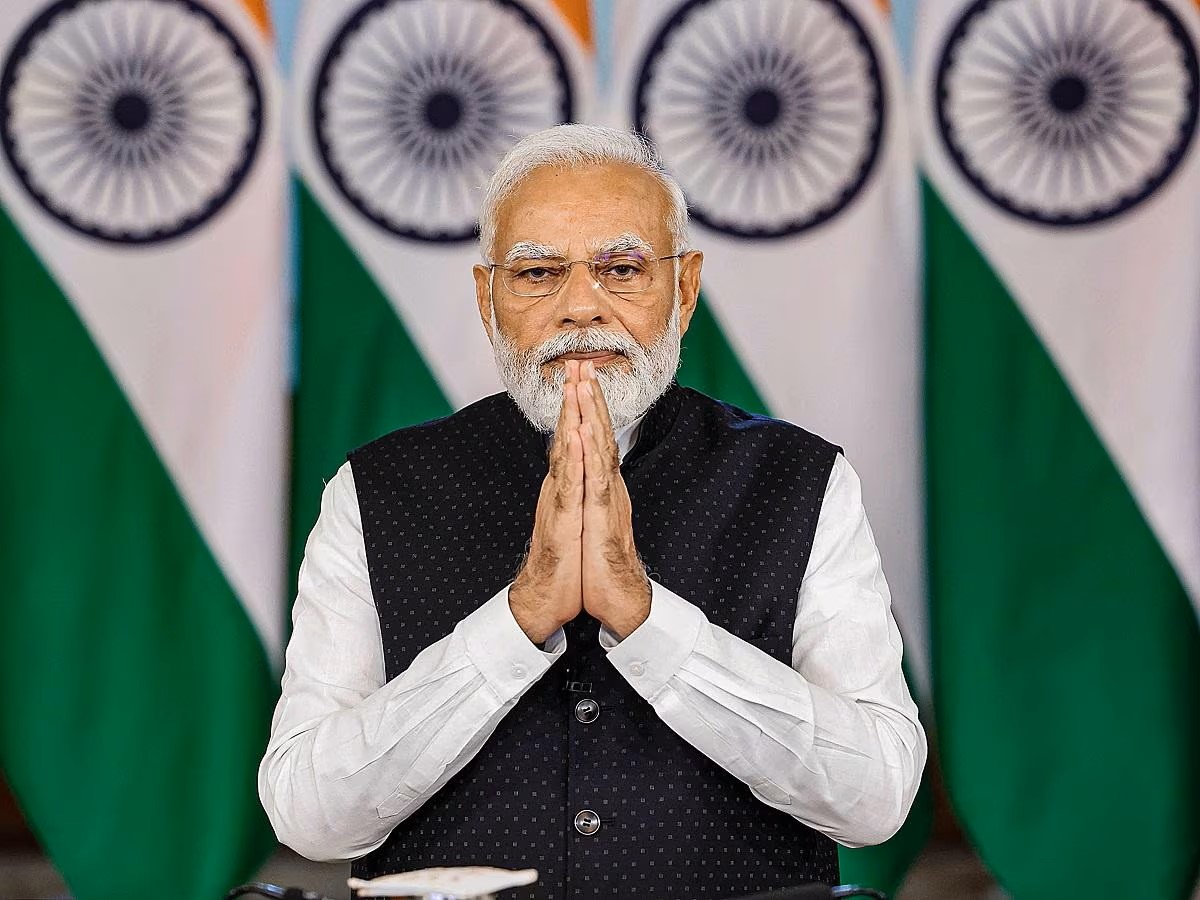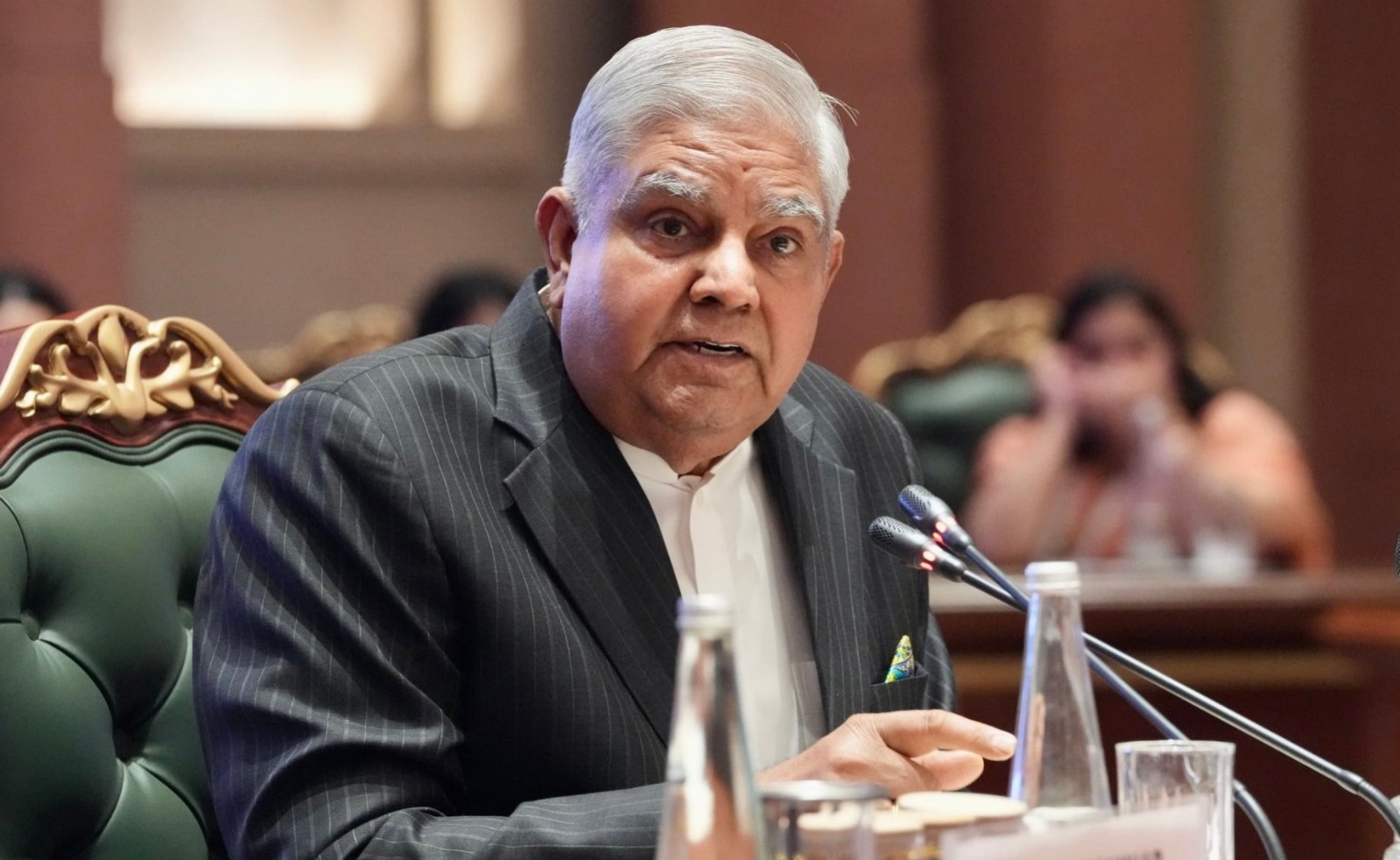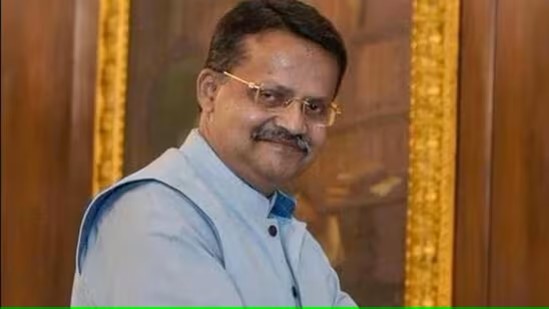Prime Minister Narendra Modi has described the 1975 Emergency as a significant threat to democracy, marking 50 years since it was imposed by then-Prime Minister Indira Gandhi. At the Parliament House complex in New Delhi on the first day of the 18th Lok Sabha session, Modi called the Emergency a “black spot on the Constitution.” Opposition leaders from the INDIA bloc, including Congress’ Mallikarjun Kharge and Rahul Gandhi, responded by displaying copies of the Indian Constitution.
On June 25, 2024, the country observed the 49th anniversary of the Emergency, which saw civil liberties suspended, press censorship, and the persecution of political opponents. Modi emphasised the importance of remembering this period to ensure that such a violation of democratic principles never happens again. He urged citizens to protect the Constitution and democracy with pride.
Reflecting on the Emergency’s legacy, Modi recalled how it had completely disregarded the Constitution and turned the country into a prison. He stressed that the new generation should never forget this dark chapter and commit to safeguarding democratic values and the dreams of the common man as outlined in the Constitution.
Modi’s condemnation of the Emergency is not new. In 2023, during his 102nd episode of Mann Ki Baat, he highlighted the harsh treatment of democracy supporters during that time, noting the lingering impact of the period’s brutality.
The Emergency, which lasted from 1975 to 1977, was announced by Indira Gandhi following a Supreme Court stay on the Allahabad High Court’s verdict against her election. Citing a “deep conspiracy,” Gandhi initiated widespread arrests of opposition leaders. Despite her decisive win in 1971 and her role in Bangladesh’s liberation, growing protests and legal challenges, including the Gujarat Navnirman agitation and Jayaprakash Narayan’s movement, led to heightened instability and her eventual drastic actions.




